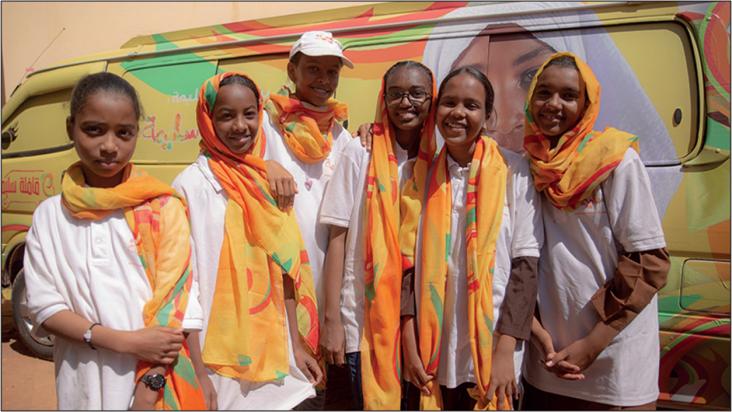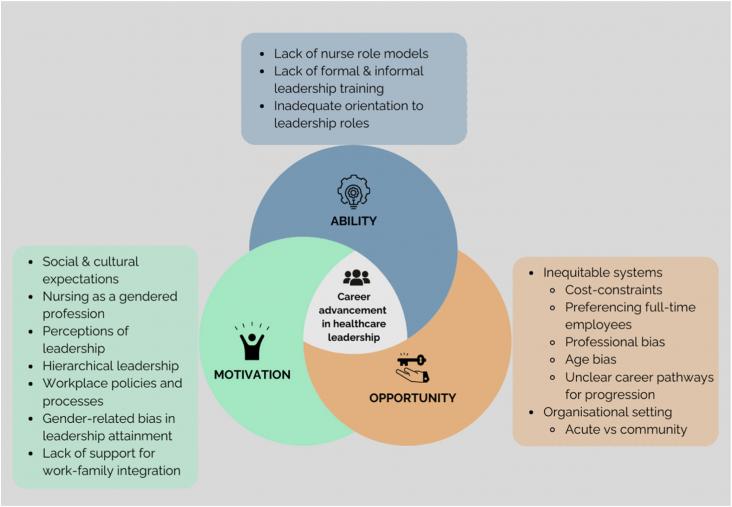
This International Women’s Day, 8 March 2024, join the United Nations in celebrating under the theme Invest in women: Accelerate progress.
The world is facing many crises, ranging from geopolitical conflicts to soaring poverty levels and the escalating impacts of climate change. These challenges can only be addressed by solutions that empower women. By investing in women, we can spark change and speed the transition towards a healthier, safer, and more equal world for all.
If current trends continue, more than 342 million women and girls could be living extreme poverty by 2030. To ensure women’s needs and priorities are considered, governments must prioritize gender-responsive financing and increase public spending on essential services and social protection.
Policymakers must also value, recognize, and account for the vital contribution women make to economies worldwide through paid and unpaid care work. Women spend around three times more time on unpaid care work than men and if these activities were assigned a monetary value they would account for more than 40 per cent of GDP.
Investing in women and championing gender equality turbocharges a future where everyone in society can thrive, creating a world of boundless opportunity and empowerment for all.
(Taken from https://www.unwomen.org/en/get-involved/international-womens-day).
Med, Volume 4, 10 November 2023
The Lancet Psychiatry, Volume 11, March 2024
The Lancet Child and Adolescent Health, Volume 8, March 2024
The Lancet Child and Adolescent Health, Volume 8, February 2024
The Lancet Psychiatry, Volume , 2024
The Lancet Psychiatry, Volume , 2024
The Lancet Child and Adolescent Health, Volume , 2024
The Lancet Child and Adolescent Health, Volume 7, December 2023
The Lancet Child and Adolescent Health, Volume 7, November 2023
The Lancet Child and Adolescent Health, Volume 7, October 2023
The Lancet Child and Adolescent Health, Volume 7, October 2023
The Lancet Child and Adolescent Health, Volume 7, September 2023
The Lancet Child and Adolescent Health, Volume 7, May 2023
The Lancet Child and Adolescent Health, Volume 7, March 2023
The Lancet Child and Adolescent Health, Volume 7, February 2023
Trends in Immunology, Volume 43, November 2022
The Lancet, Volume 402, 2 December 2023
The Lancet Global Health, Volume 12, February 2024
eClinicalMedicine, Volume 67, January 2024
eClinicalMedicine, Volume 64, October 2023
Patterns, Volume 4, 10 November 2023
Patterns, Volume 4, Issue 7, 2023, 100790, ISSN 2666-3899,
Principles of Gender-Specific Medicine, Fourth Edition, 2023, pp 699-711
Case Studies in Disaster Recovery, 2023, pp 87-108
Intelligent Environments: Advanced Systems for a Healthy Planet, Second Edition, 2023, pp 285-322
The Lancet, 2024, ISSN 0140-6736,
https://doi.org/10.1016/S0140-6736(23)02802-7.
The Lancet, 2024, ISSN 0140-6736,
https://doi.org/10.1016/S0140-6736(23)02801-5.
The Lancet, 2024, ISSN 0140-6736, https://doi.org/10.1016/S0140-6736(23)02799-X.












